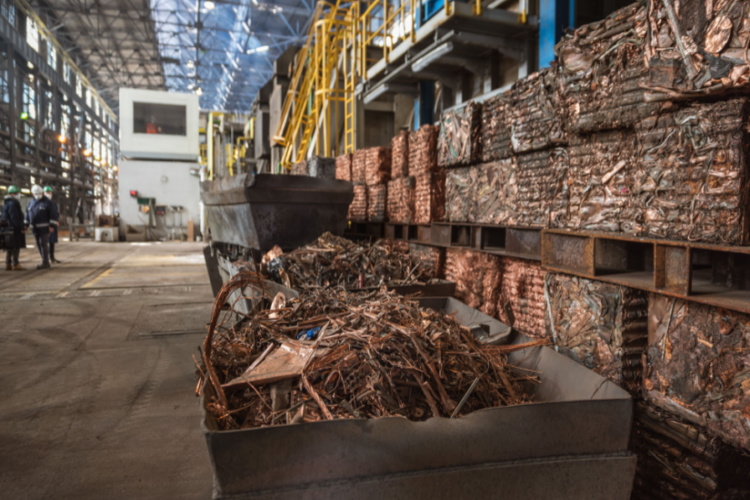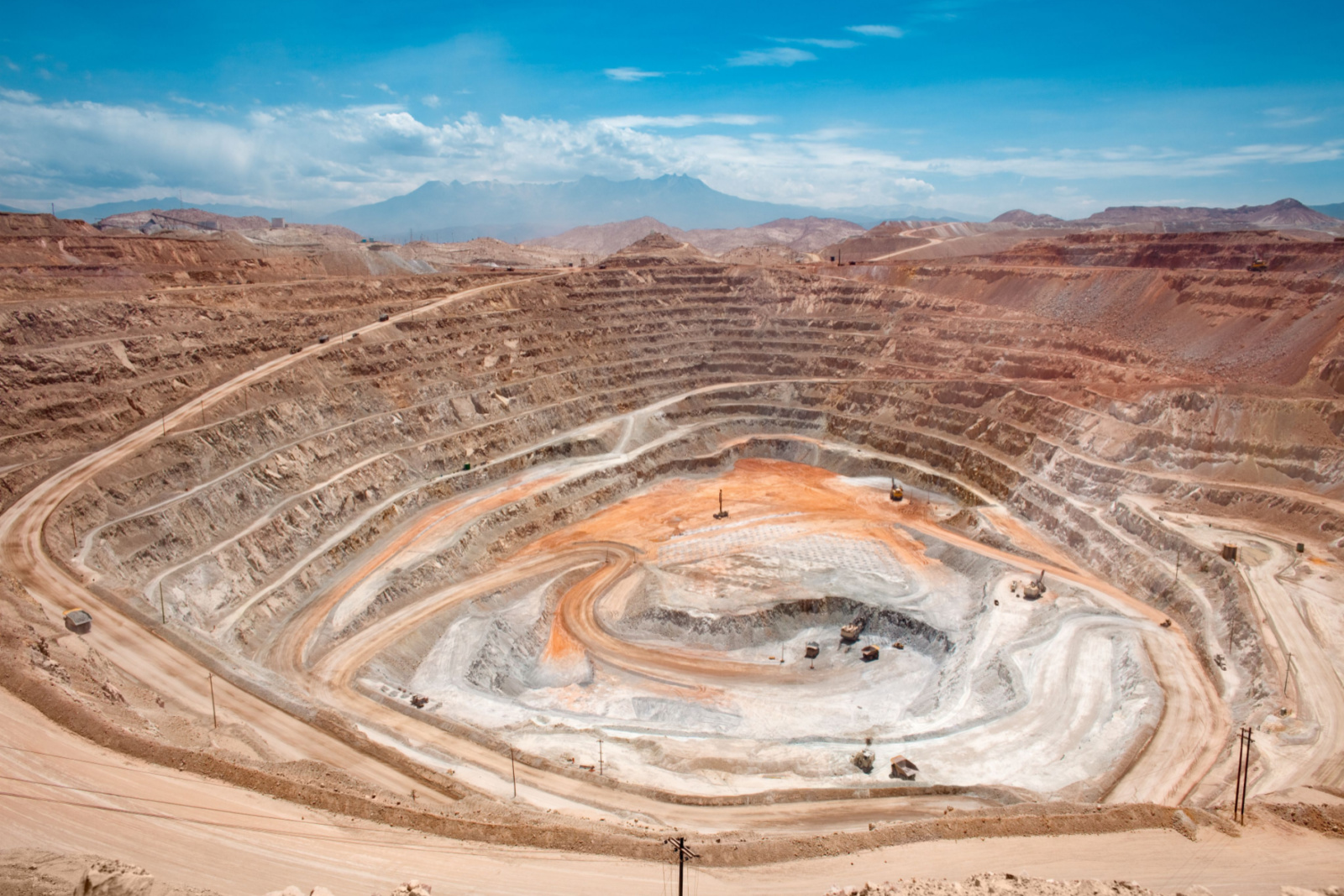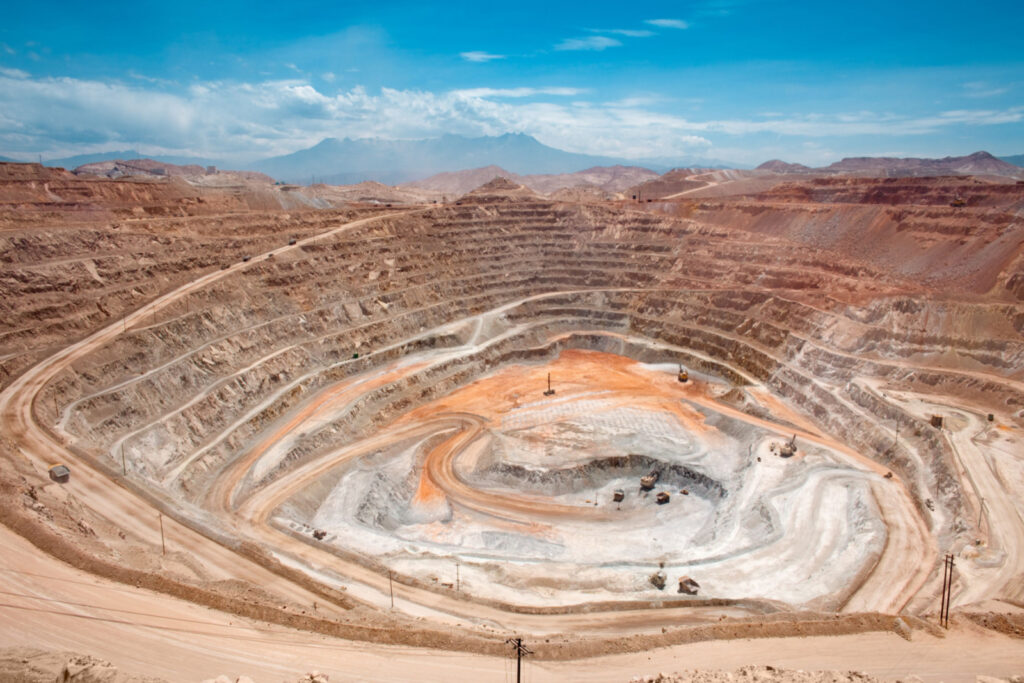Copper is the third most consumed metal in the world, with uses across industries. This versatile metal is mined in countries like Chile, Zambia, Kazakhstan, and Canada. However, while copper is valuable, the mining processes used to extract it can harm the environment.
Recycling copper offers a sustainable alternative to copper mining. Before exploring the benefits of copper recycling, however, we must first understand how exactly mining affects the environment.
What is Copper?
Copper is an exceptionally ductile non-ferrous metal. Since it conducts electricity well and can be pulled into long cords and made into wires, copper is an essential element of electrical equipment. From phones to cars to switching on a lamp at home, copper likely plays some part.
Copper is also used heavily in the construction industry. It’s lightweight and resistant to corrosion, making it an ideal material for pipes and tubing. Copper has also commonly been used for rooftops. You may notice oxidized copper and its blue-green hues on some historical buildings.
How is Copper Mined?
Copper ore is most commonly mined through a process called open-pit mining. This process is also used to extract aluminum, gold, iron, and uranium. Open-pit mines are vast holes dug in the ground with slopes that look like staircases, called benches. These benches are wide enough to let heavy machinery pass and hold that machinery’s weight without collapsing.
Inside the open pit, the heavy machinery drills holes into the rock. Explosives blast open and break the stone, creating boulders which are then hauled from the mining site to a processing site to extract the copper ore.
Canada is the world’s 11th-highest producing nation of copper, accounting for 2.9% of the world’s overall copper production as of 2020. The country’s copper exports were valued at $7.3 billion in the same year, having exported 445,935 tonnes of copper concentrate and 172,339 tonnes of refined copper.
How Does Copper Mining Affect the Environment?
Copper mining has a devastating impact on the environment. The sheer size of a copper mining operation is enough to consider harmful; however, copper mining also affects environmental and human health.
Deforestation & Land Degradation
Depending on where the ore is located, copper mining can severely damage the environment through deforestation. To pursue an open-pit mining operation, copper miners must remove trees and dig a pit to access it.
Open-pit mines are massive. They can be nearly a mile in diameter and several thousand feet deep. Their size means miners must remove significant amounts of forest, home to thousands of wildlife species.
The sloping nature of an open-pit mine also eliminates topsoil and can cause more rapid soil erosion.
Water Pollution
Often, the water surrounding a copper mine can quickly become polluted, appearing a reddish colour from having been contaminated by copper acid. Contaminated water can severely impact groundwater aquifers, fish, wildlife, and farmland.
Part of the reason water around a copper mine is so contaminated is the effort that goes into waste removal. 99 tonnes of waste material must be removed for every 1 tonne of extracted copper. That number simply isn’t sustainable and makes it difficult to manage waste.
Human Health Risk
Excavating boulders from deep underground can be harmful. As these rocks are removed and exposed to the atmosphere for the first time, they can transmit radioactive substances and damaging chemicals which can affect the soil surrounding the mine.
Copper mining also releases toxic chemicals that pollute the air. This air pollution can harm people’s skin, eyes, and lungs, making breathing difficult. While some copper is essential for human health, an excess can be fatal.

How Copper Recycling Helps
Over time copper doesn’t lose any of its chemical properties. It’s part of what makes it so toxic to the environment. However, it’s also what makes it ideal for recycling. On top of being one of the world’s most versatile metals, you can use it repeatedly.
Copper recycling takes 80%–90% less energy than copper mining. With more recycled copper available, new mining operations don’t need to be built, and no environment needs to be disturbed.
Recycling Copper in Calgary
At Federal Metals, we feel strongly that recycling metals like copper is the best way to protect our environment and preserve our natural resources. Investing in sustainable methods at an affordable price can positively impact the industries that rely on metals like construction and manufacturing.
We offer Western Canada’s best rates when it comes to copper recycling. Products with copper include wiring, piping, turnings, and radiators. If you’re interested in recycling your copper and positively impacting the environment, get in touch with us today.



